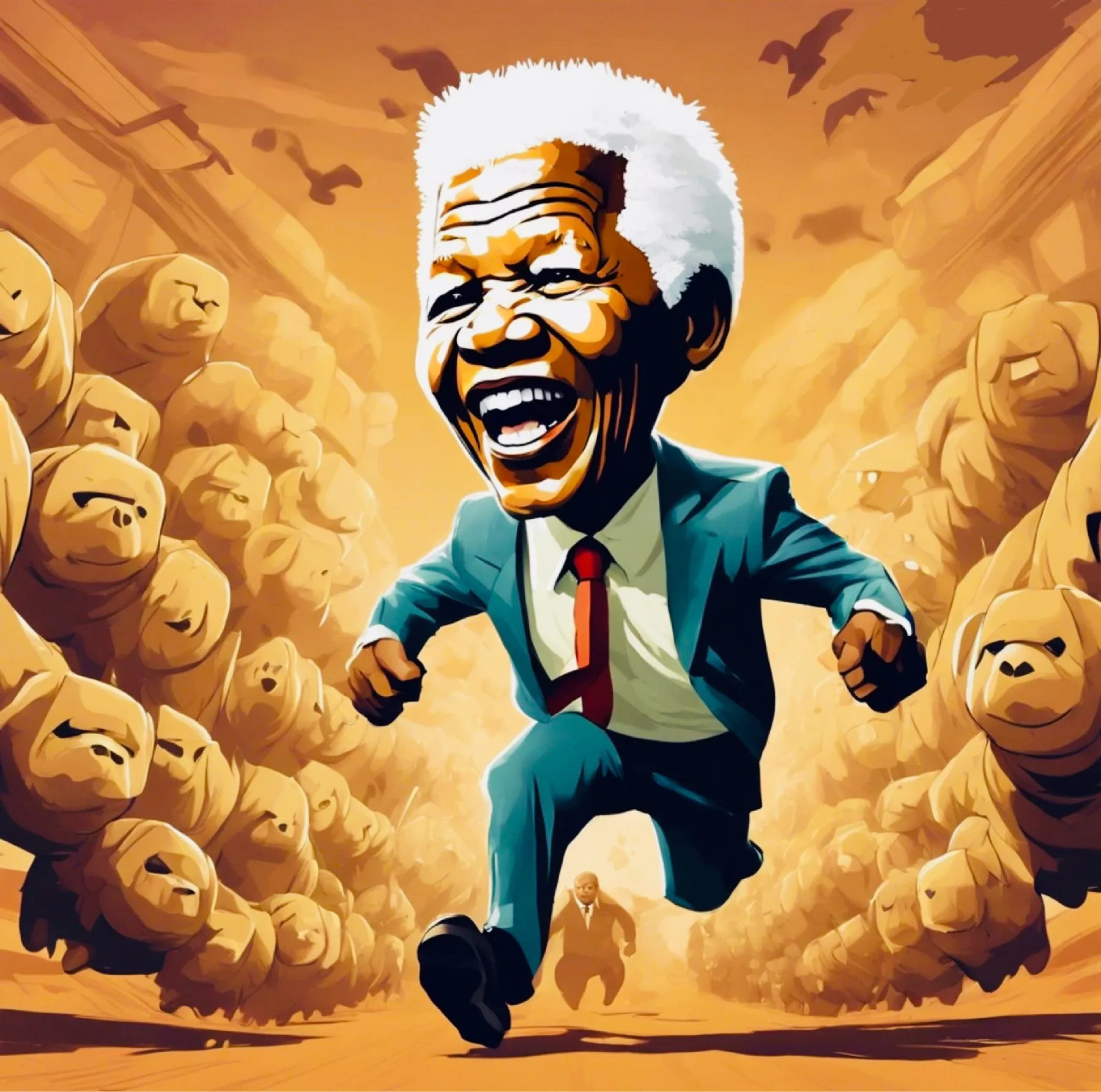The world can’t seem to catch a break. Just when there’s a hint of recovery and peace, another war flares up in the Middle East, and another major union goes on strike. And this was just another Tuesday.
No matter the progress, we seem locked in a cycle of undoing. Like lemmings, we march toward destruction — but we do it knowingly. Worse, we embrace it.
The myth of lemmings marching to their deaths has been debunked, but the metaphor lives on. We willingly follow each other into conflict, driven by destructive ideologies, not instinct, but choice. And somehow, we justify it.
Conflict dominates today’s narrative. Media, politics, and social platforms frame every issue as a battle, demanding people choose sides. Each crisis becomes the latest chapter in a never-ending drama, feeding our need for immediate resolution. Peace, in contrast, lacks the instant gratification.
This is where personal views clash with perspective thinking. Personal views are immediate, shaped by daily experiences and emotions. Perspective thinking, however, is slower. It requires looking beyond the present, understanding the long-term consequences of actions. Yet, this type of thinking is rare today. Few ask, “What happens after the strike? After the war? After the election?”
Most conflicts, from global wars to local disputes, are fueled by personal grievances and short-term reactions. It’s about assertion, not resolution. There are, however, rare individuals — perspective thinkers — who resist this impulse. People like Nelson Mandela, or today’s quiet diplomats working behind the scenes to prevent further escalation, show there’s another way. They understand peace is more than the absence of conflict; it’s about understanding, negotiation, and compromise.
But peace is hard. Conflict offers clarity and a tangible enemy. Peace is uncertain and fragile. In conflict, we know who we’re fighting against; in peace, we must trust in negotiation. Breaking the cycle of conflict requires a shift in thinking. Progress is made not in moments of crisis, but in quieter times — through negotiation and compromise. The future depends on those who step back, reassess, and forge a thoughtful path forward.
